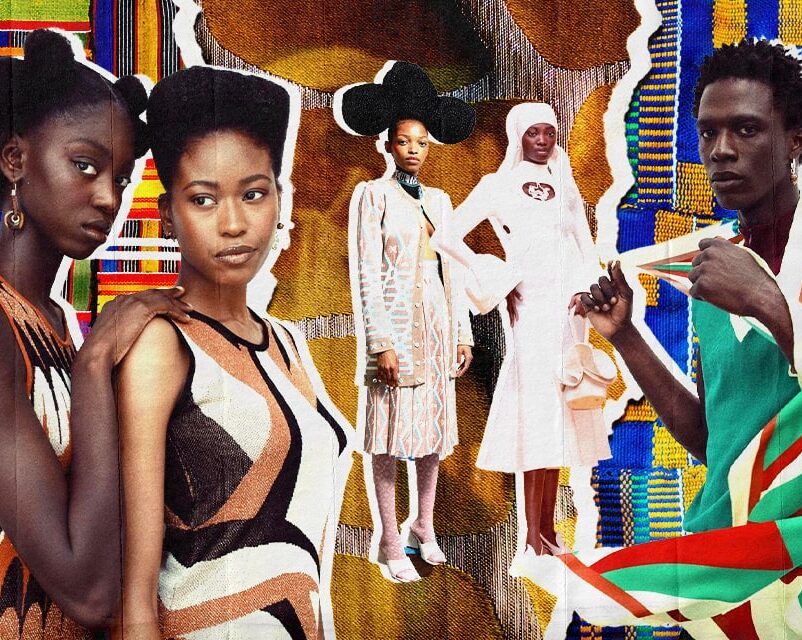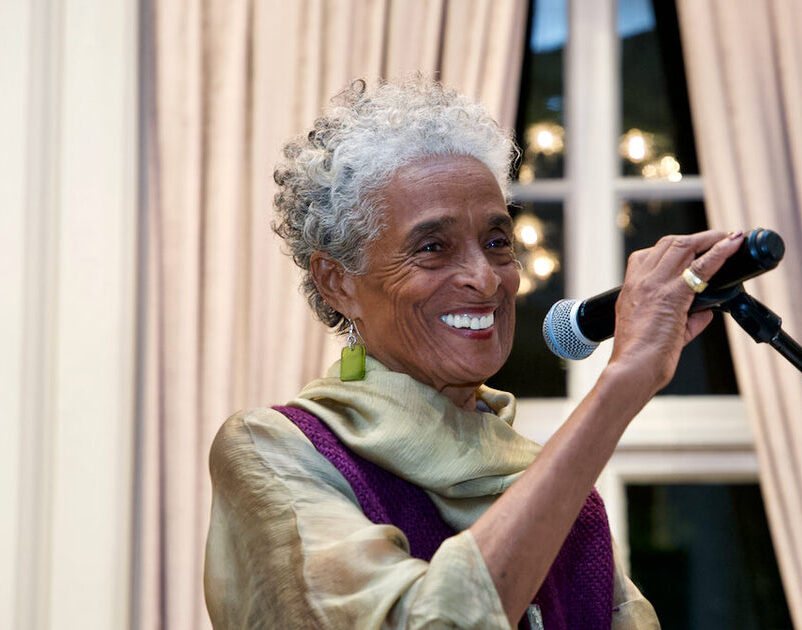
The current crop of African designers have done well to represent African narratives in their work. The likes of Thebe Magugu, Loza Maleombho, Doreen Mashika, Akudo Iheakanwa of Shekudo, and others, have been quite intentional in exploiting their own heritage, and local resources, to create work that is modern, and comparable to their international counterparts.
In this regard, Dr. Erica De Greef, co-founder and director of the South African-based African Fashion Research Institute says these are designers who got a seat at the table without having to conform to the standards of American or European fashion. “I think that’s the shift. Digital has allowed for a very different kind of gatekeeping,” she explains. “These designers are able to share and engage in dialogues that are much more dynamic than what their predecessors had an opportunity to present. In the digital realm, you have Thebe Magugu living next to Vivienne Westwood. The sort of gatekeeping that would have kept him or Rich Mnisi out—whether that be the museums, the media, or whether it’s purely geographic because we can’t be in London or New York to take part—digital has had a huge impact in changing that.”
Are educational institutions catching up? “There are more of these conversations happening,” Brooksworth says. “I think before, decolonizing was mainly spoken about in academia, and because of that, people didn’t take it on board. But now that the conversation is happening in the industry, and consumers are talking about it, and it’s being spoken about in the press; we’re finding that schools are now recognizing the importance of it as well.”
In May of 2021, for example, the London Metropolitan University’s Centre for Creative Arts, Culture & Engagement invited AFRI to a panel discussion on decoloniality, titled ‘The Making of African Fashion Studies’.
Decoloniality in practice
De Greef, who is a former lecturer, says taking the concept of decoloniality on board means recognizing that we don’t have to erase the world as it is, but to acknowledge that other narratives exist. “Delinking is a concept that is part of the decoloniality school of thought. That and relinking. So, you can talk about designers being able to delink from coloniality, and relink to craft knowledge and indigenous histories.”
Furthermore, decoloniality entails making visible stories and histories that have been misrepresented or erased. “We need to bring into the present that which was erased. For one, the idea that African fashion didn’t exist until today. We must also do away with stereotypes like: ‘all African fashion is colorful and exotic.’ It’s about addressing the ethnographic sort of way of speaking about African fashion that results in othering.”
Brooksworth adds: “People I know, who I’ve worked with in academia, are going through the V&A’s Africa Fashion exhibition and learning. They are intrigued. Museums need to continue this because, if you look at the Met Gala, for instance, there’s a different theme every year, but there’s never been an African theme. Why don’t we have fixed installations? You can go and see European, even Asian fashion, but African fashion is always left out, even though you see African artifacts in other parts of the same museums.”
Source link




